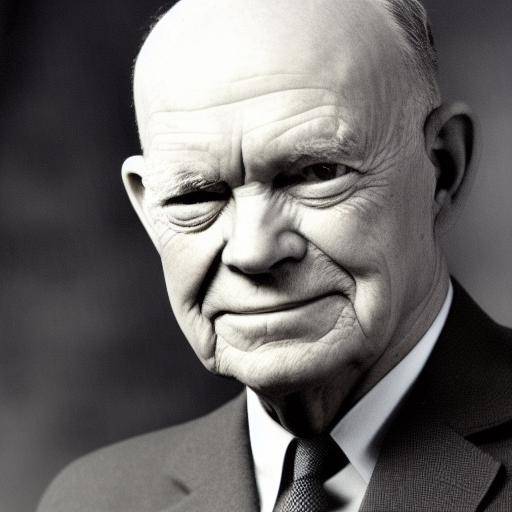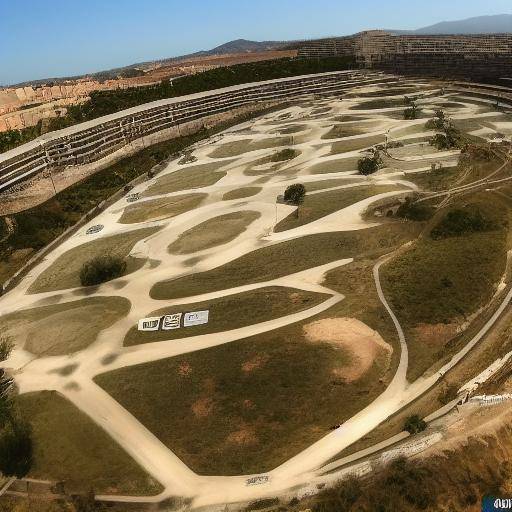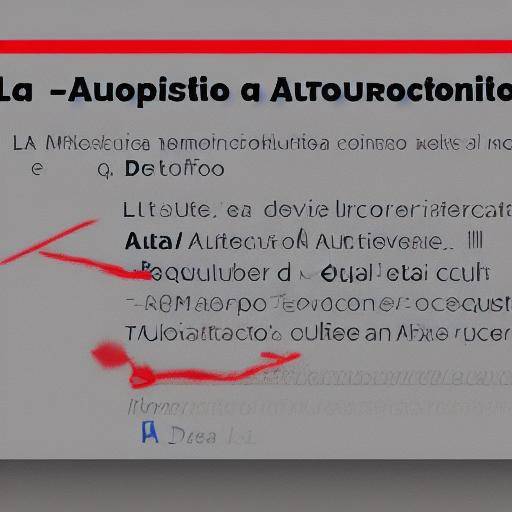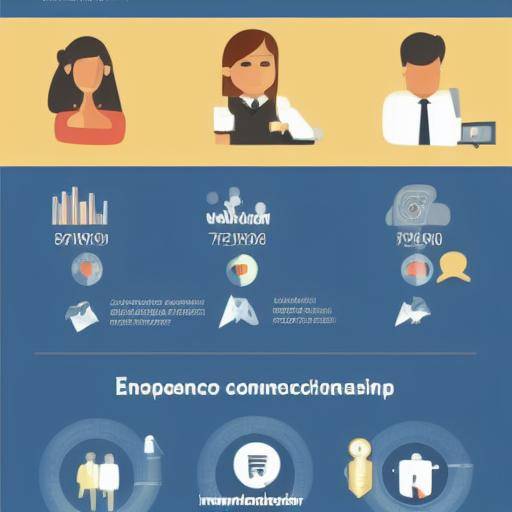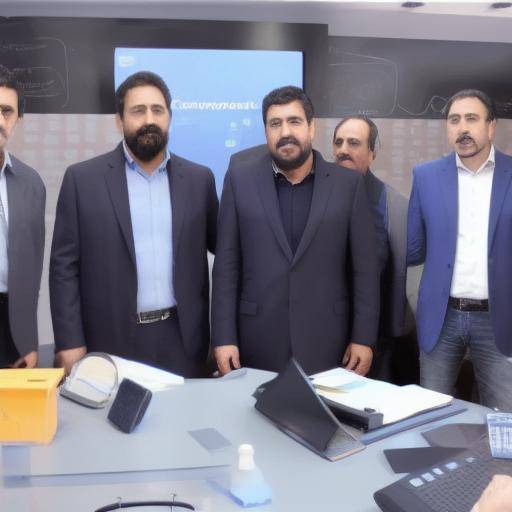
Multi-project management entails various challenges, and one of the key aspects for its success is clear and effective communication. In this article, we will explore the importance of clear communication in the environment of multi-project management, as well as strategies to improve it and enhance collaboration among working teams. From its history and evolution to future trends and predictions, we will thoroughly analyze the relevance of clear communication in this context.
Introduction
The ability to communicate effectively is crucial in any business environment, and becomes even more vital when it comes to managing multiple projects. The lack of clear communication can lead to misunderstandings, delays in the delivery of projects, internal conflicts and a decrease in the overall efficiency of the equipment.
It is essential to understand that communication not only involves the transmission of information, but also the reception, understanding and feedback. In the multi-project environment, where coordination and collaboration are essential, a clear communication ensures that all team members are aligned with the objectives and tasks assigned.
History and Background
The importance of clear communication in managing multiple projects is rooted in the evolution of business and management practices. From the first trades to the industrial revolution, the need for effective communication has been a constant in the development of companies.
During the 20th century, with the emergence of management theories and the expansion of companies globally, clear communication became a fundamental pillar for organizational success. With the advent of the digital era, communication and collaboration tools have gained a central role in managing multiple projects.
It is crucial to recognize that clear communication not only involves the use of technological means, but is also linked to the ability of team leaders and members to convey information in an understandable and effective manner.
Analysis in Deep
Clear communication in multi-project management offers a number of tangible benefits. These include reducing misunderstandings and conflicts, increasing efficiency and productivity, improving decision-making and generating a more collaborative working environment.
However, there are also significant challenges in the implementation of clear communication. Cultural diversity, time differences, language barrier and lack of attention to detail can hinder the effectiveness of communication in multiple project environments.
Currently, technology plays a crucial role in optimizing communication in managing multiple projects. Online collaboration platforms, instant messaging applications, videoconferencing and project management tools provide significant improvements in the ability of teams to communicate effectively.
Comprehensive review
The implementation of clear communication in the management of multiple projects requires the adoption of best practices and strategies that encourage collaboration between teams. Establishing defined channels of communication, fostering transparency in information, promoting constructive feedback and using appropriate technological tools are key areas for strengthening communication.
It is essential to recognize that improved communication not only depends on technological infrastructure, but also on organizational culture. Leaders must promote an open and respectful atmosphere, where the opinions of all team members are valued and a bidirectional communication is encouraged.
Comparative analysis
Clear communication and multi-project management are closely interrelated. While the first ensures alignment and understanding of the objectives, the second involves the efficient planning and implementation of tasks in a dynamic environment. Collaboration, for its part, arises as a key element that enhances both clear communication and multi-project management by fostering synergy between teams and integrating diverse skills and perspectives.
In this regard, collaboration not only involves coordination of efforts, but also the creation of an enabling environment for the exchange of ideas, joint learning and collaborative decision-making. Clear communication acts as the vehicle that facilitates this collaboration, transmitting relevant information in a understandable and timely manner.
Practical Tips and Accessible Recommendations
To promote clear communication in the management of multiple projects, it is essential to implement concrete strategies. Some practical advices include the definition of communication protocols, training in effective communication skills, the establishment of regular meetings and the use of appropriate technological tools to facilitate interaction and collaboration between teams.
In addition, fostering a culture of constructive feedback and promoting transparency in information are key pillars for strengthening clear communication in multi-project environments. The creation of spaces for the exchange of ideas and the collaborative resolution of problems also contributes significantly to improving communication and project management.
Perceptions of Industry and Expert Reviews
The perceptions of industry experts highlight the importance of clear communication and collaboration in managing multiple projects. According to various studies and opinions, the lack of effective communication has been identified as one of the main causes of failure in projects at the global level.
Similarly, experts highlight the relevance of technology as an enabler of clear communication and collaboration. Tools such as project management software, online communication platforms and mobile applications have revolutionized how teams collaborate and communicate in multiple project environments.
Case Studies and Practical Applications
The concrete application of clear communication in the management of multiple projects is evidenced through success cases in various sectors. Leading companies have managed to optimize communication and collaboration between geographically dispersed teams, obtaining outstanding results in terms of efficiency, quality and fulfilment of objectives.
These case studies demonstrate the importance of clear communication in managing multiple projects, as well as the positive impact it can generate on the productivity and competitiveness of an organization.
Future Trends and Predictions
The future of clear communication in multi-project management is projected towards greater integration of artificial intelligence tools, data analysis and process automation. These emerging technologies have the potential to revolutionize how teams collaborate and communicate, driving efficiency and data-based decision-making.
It is also expected that clear communication will evolve into a more holistic approach, which will consider not only the transmission of information, but also the management of conflicts, the construction of solid relationships and the promotion of a culture of openness and trust in the working teams.
Conclusion
In conclusion, clear communication is a key pillar in managing multiple projects. From its historical origins to future trends, its importance has been undeniable in the business environment. Clear collaboration and communication complement each other, enhancing effectiveness and efficiency in the implementation of complex projects.
Therefore, the implementation of strategies to improve clear communication and collaboration between working teams is essential for the success of any multi-project-oriented organization.
Frequently asked questions
Why is it crucial to implement clear communication in managing multiple projects?
Clear communication in multi-project management is crucial because it ensures that all team members are aligned with established goals, tasks and deadlines. It also promotes effectiveness, reduces misunderstandings and conflicts, and strengthens collaboration among teams, which can have a significant impact on the success of projects.
How can organizations improve clear communication on multiple projects?
Organizations can improve clear communication in multiple projects through the definition of communication protocols, the use of collaborative technologies, the promotion of a culture of constructive feedback, the establishment of regular meetings and training in effective communication skills.
What challenges are presented in implementing clear communication in managing multiple projects?
Some challenges in implementing clear communication in managing multiple projects include cultural diversity, time differences, language barrier and lack of attention to detail. These aspects may hinder the effectiveness of communication in multiple project environments.
What is the role of collaboration in clear communication in managing multiple projects?
Collaboration enhances clear communication in multi-project management by fostering synergy among teams and promoting the integration of diverse skills and perspectives. Collaboration creates an enabling environment for the exchange of ideas, joint learning and collaborative decision-making.
What role does technology play in improving clear communication in multiple projects?
Technology plays a crucial role in improving clear communication in multiple projects by facilitating interaction and collaboration between teams. Tools such as project management software, online communication platforms and mobile applications have revolutionized how teams collaborate and communicate in multiple project environments.
What are future trends regarding clear communication in managing multiple projects?
Future trends in clear communication in multi-project management are aimed at further integration of artificial intelligence tools, data analysis and process automation. These emerging technologies have the potential to boost data-based efficiency and decision-making in multiple project environments.
How can leaders foster clear communication in multiple project environments?
Leaders can foster clear communication in multiple project environments by promoting an open and respectful atmosphere, where the views of all team members are valued and bidirectional communication is encouraged. In addition, they must establish defined channels of communication, promote transparency in information and provide constructive feedback to strengthen communication in the work teams.
Conclusion
In short, clear communication plays a central role in managing multiple projects, which is essential for the alignment of objectives, conflict reduction and the promotion of a collaborative culture. Collaboration and technology complement this approach, enhancing effectiveness and efficiency in the implementation of complex projects.
Therefore, the implementation of strategies to improve clear communication and collaboration between working teams is essential for the success of any multi-project-oriented organization.









